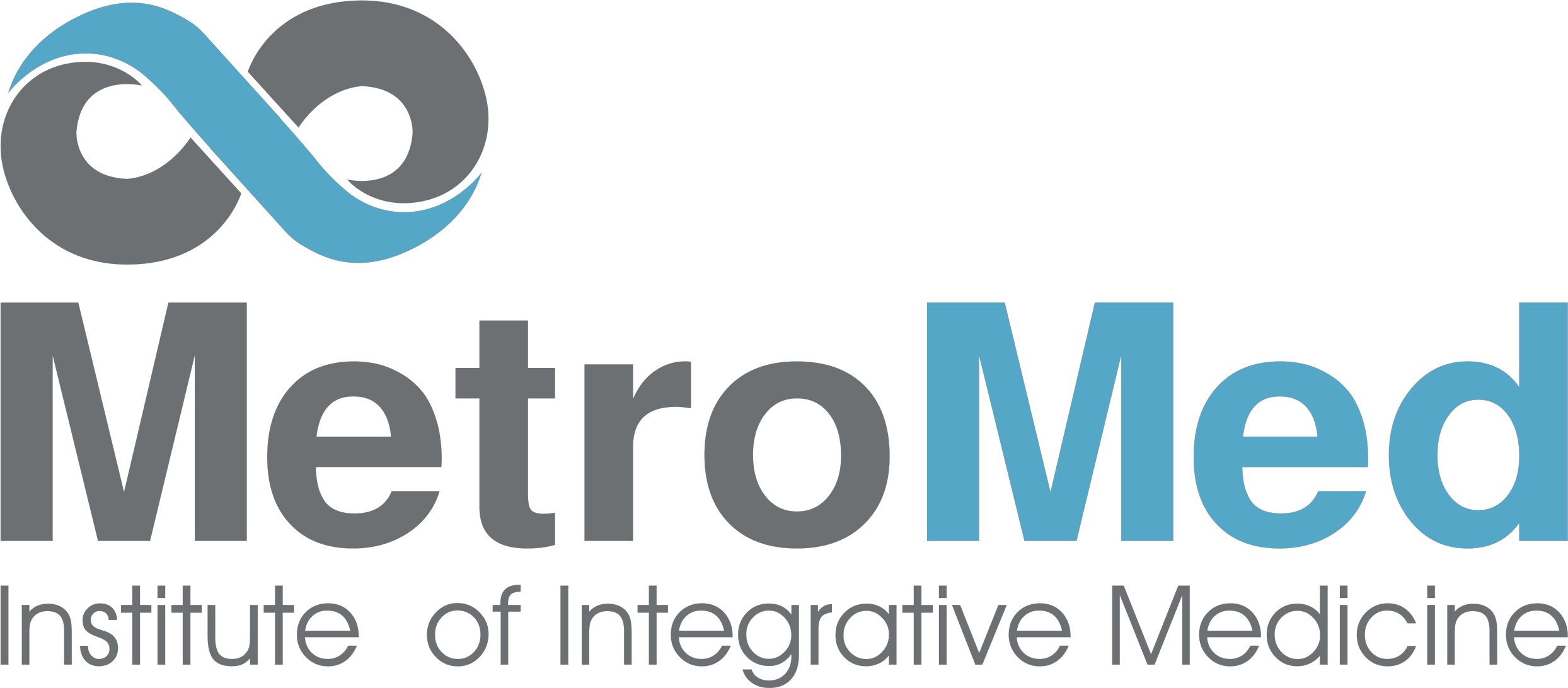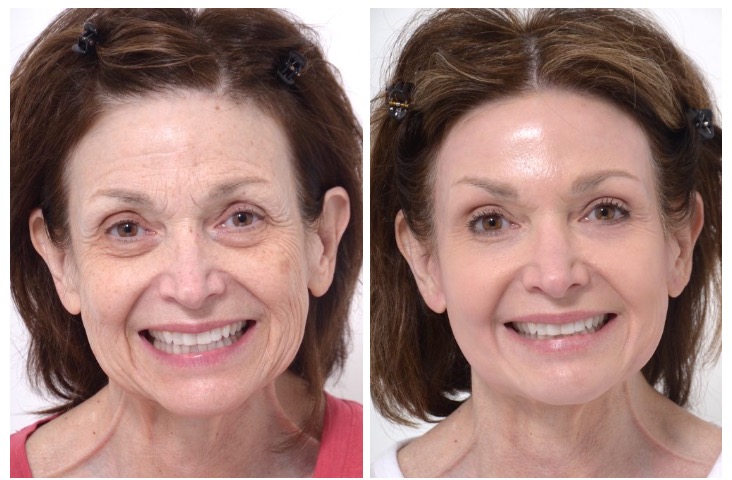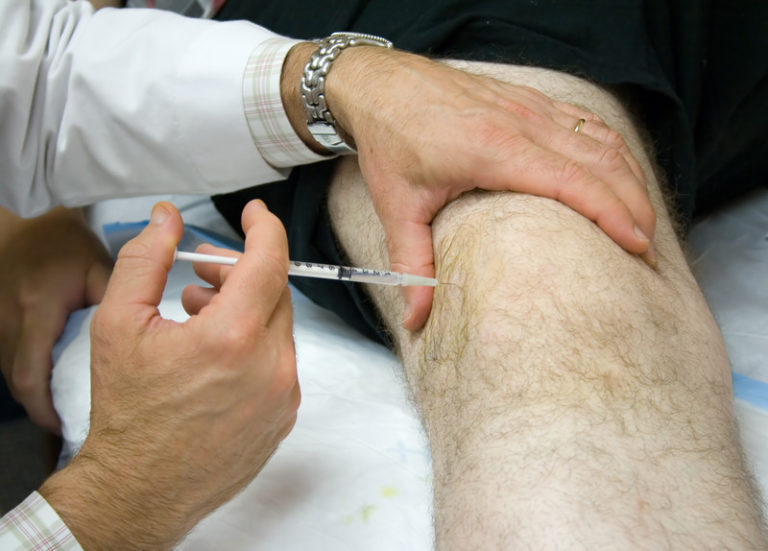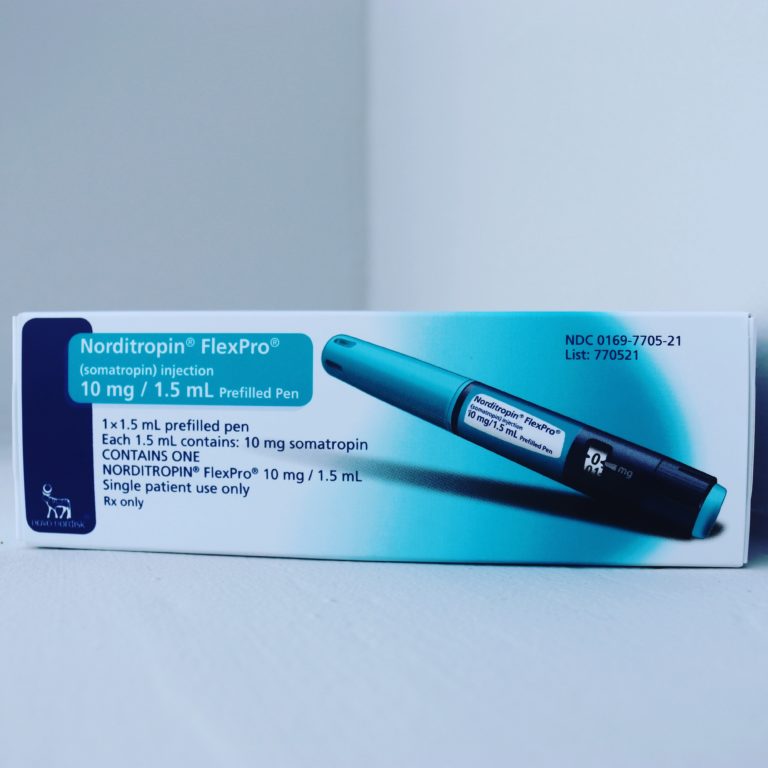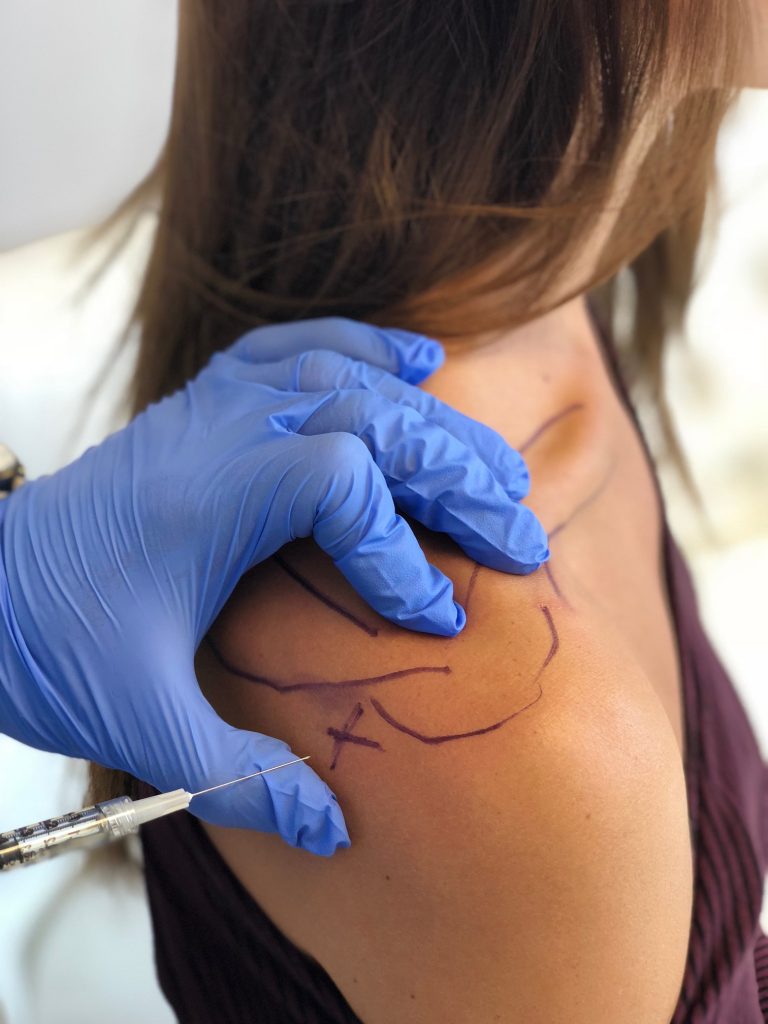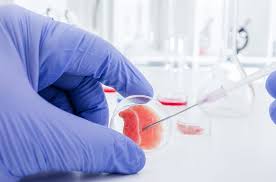Pediatric HGH Therapy
As children begin to develop they experience the various effects and stages of puberty. This can be a time filled with mental, physical and emotional development. For some children, this time frame can be challenging due to a growth-inhibiting medical condition. For some pediatric HGH may be a viable treatment depending on the patient’s condition and age.
Pediatric HGH therapy is used in children for various treatment options. Children with deficient growth hormone, or with Noonan syndrome, Turner syndrome, Leri-Weil syndrome, and who may be small for their gestational age along other diagnosis calls for Human Growth Hormone therapy in Los Angeles, CA, to promote healthy height and development.
If you believe your child is deficient in growth hormone, or has any of the above medical conditions, contact MetroMed today to schedule your consultation. Dr. Martin has been working with pediatric HGH for over 20 years. Our team brings a professional and comprehensive approach.
Symptoms of Growth Hormone Deficiency (GHD)
A growth hormone deficiency is classified by when the pituitary gland is not producing how it is supposed to be. The pituitary gland is responsible for the production of somatotropin, which is important for keeping your tissues, bones, and muscles healthy, as well as advance growth. The most common symptom of GHD in children is their significantly shorter height than other children the same age. Children who have GHD typically grow less than two inches per year during puberty. Some other common symptoms may include:
- Late puberty
- Increased pockets of fat in the abdomen or face
- Slow development or growth of teeth and hair
Pediatric Growth Hormone Deficiency Treatment
Human Growth Hormone (HGH) Therapy is the most common treatment recommended for children experiencing GHD and other medical conditions. After diagnosis and proper testing if HGH is deemed appropriate. During Pediatric HGH Therapy in Los Angeles, CA, somatotropin is injected into the patient to promote healthy development and growth. During the first year of treatment, children are generally expected to grow four or more inches.
In order to determine if HGH is a viable option, we will look at the patient’s bone density levels to determine if the growth plates have been closed or not. This can be done with a simple x-ray.
If you have any further questions about Pediatric HGH Therapy, please contact MetroMed today with any questions or to schedule a consultation. We look forward to hearing from you!
